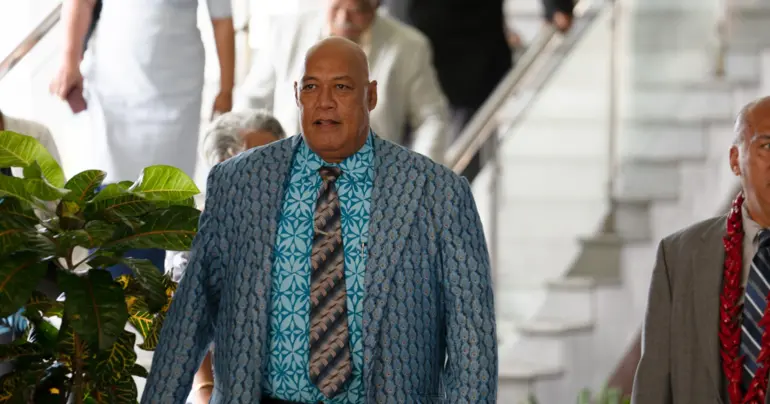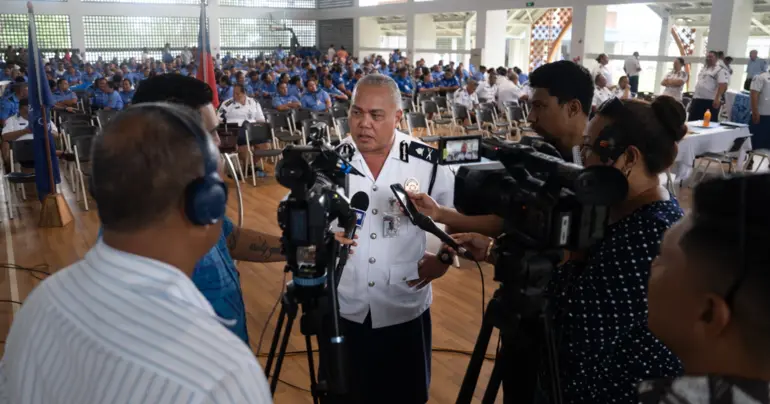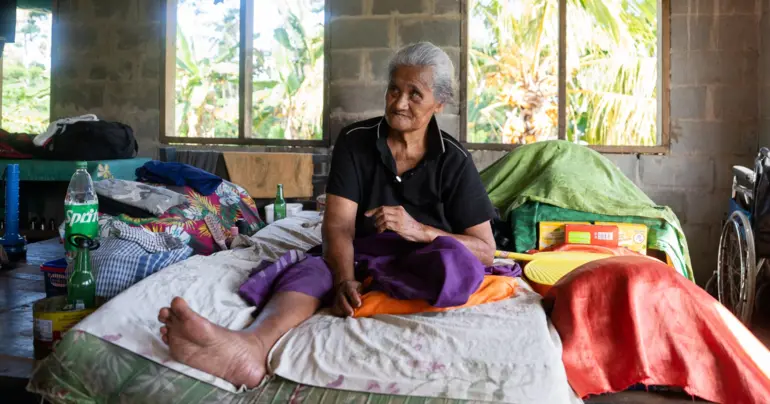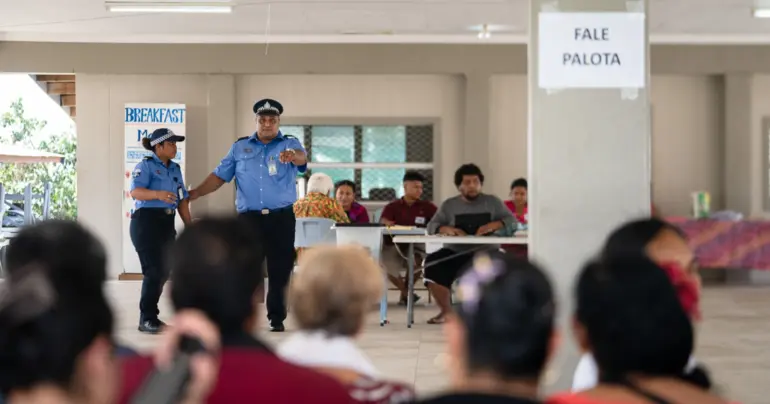France joins Samoa's call on deep sea mining
France has become the second European nation to join Samoa and other Pacific nations who have called for a ban on deep sea mining.
Samoa joined the call for a moratorium on deep sea mining and extraction of mineral rich nodules from the seafloor soon after the Pacific Islands Forum Leaders Meeting.
French President Emmanuel Macron announced at COP27 that he supports a ban on deep sea mining (DSM), a firm stance against deep sea mining after he called for caution at the UN Ocean Conference in Lisbon in June this year.
The ban stance by France now follows calls by Germany for a precautionary pause on the advancement of DSM, together with New Zealand’s recent announcement on a conditional moratorium on DSM in international waters. These calls come timely in absence of internationally agreed rules and regulations for exploitation.
Mineral rich nodules lie on the ocean floor and nations like Nauru, Cook Islands and Tonga have shown an interest in extracting it as it would mean a share of the estimated US$20 trillion industry.
Mining companies are pushing for the move with the argument that the minerals are needed to make batteries and cut the reliance on fossil fuel.
Nauru had already applied for an extraction license and could be on their way to extracting the minerals by the end of the year should the International Seabed Authority provide a legal framework.
Pacific civil society groups and churches who have been rallying for a global ban on DSM since 2012, say the recent announcements and policy positions ranging from a pause, stop, recess, moratorium, and ban on DSM by state parties to the International Seabed Authority (ISA), must be taken seriously.
“The rush to approve test mining and applications for scope of work should not be considered by the ISA at this stage, the priority should instead be to enhance the other mandates of ISA’s which is to preserve, protect and ensure the principles of intergenerational equity and do no harm to the common heritage of mankind,” said Joey Tau from the Pacific Network on Globalisation.
The Pacific Blue Line collective argues that the ISA should not consider any scope of work. Consideration of a plan of work under circumstances where the international community has not agreed rules, regulation, is a violation of the ISA’s duty of due diligence.
“The calls for a halt come at a critical time for the planet when the health of our ocean is in decline due to human activities and the need to protect and preserve is necessary to ensure the survival of our planet particularly in the context of a climate emergency,” said Rev. James Bhagwan of the Pacific Conference of Churches.
“Oceans remain one of the most stable carbon sinks today as forests are now considered negative carbon sinks due to human activity. DSM poses a significant threat to the world's carbon sinks including methane seeps and therefore totally inconceivable as a green energy transition option.”
The calls by France, Germany and New Zealand now join the growing number of states calling for precaution on DSM, including Fiji, Samoa, Federated States of Micronesia, Vanuatu, French Polynesia and Palau.
Tags











